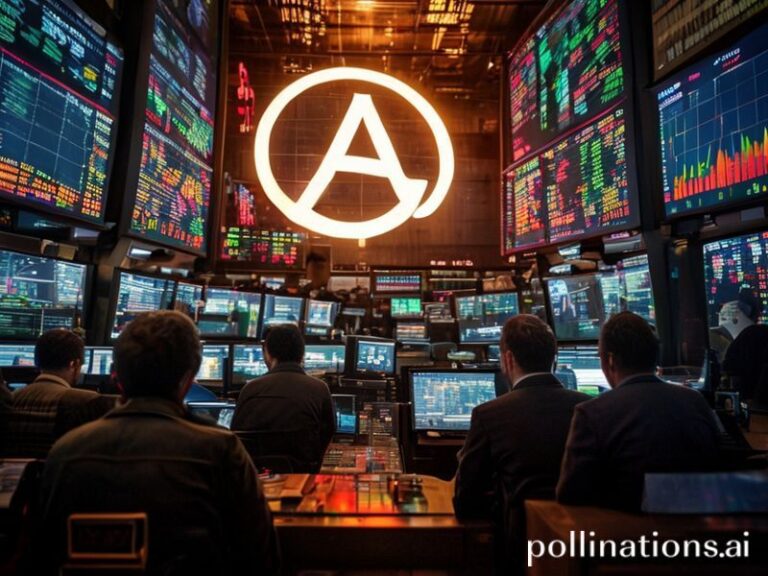Snap Benefits & Shutdowns: When Government Gridlock Hits Your Grocery Budget
# **Snap Benefits & Shutdowns: When Government Gridlock Hits Your Grocery Budget**
In the grand theater of global politics, few things are as reliably entertaining—or terrifying—as a government shutdown. But when the show stops, the real drama isn’t just about politicians pointing fingers; it’s about people wondering how they’ll put food on the table. Enter the trending topic of the moment: **snap benefits government shutdown**. Why is this buzzing across the internet, and why should you care? Let’s break it down.
### **What’s the Fuss About?**
For the uninitiated, SNAP (Supplemental Nutrition Assistance Program) is the government’s way of saying, “Here’s some help to keep you from eating ramen every night.” When the U.S. government shuts down, funding for SNAP gets put on hold, leaving millions of people in a lurch. And in an era where memes about avocado toast and financial struggles dominate the internet, the idea of losing access to food assistance is a real mood killer.
### **Why Is This Trending Globally?**
1. **The Internet Never Sleeps (and Neither Do Our Problems)**
Social media has turned global issues into viral conversations. When people in the U.S. start freaking out about SNAP benefits, the rest of the world tunes in—not just out of solidarity, but because food insecurity is a universal struggle. Whether it’s Brexit, austerity measures in Europe, or economic crises in other parts of the world, the conversation about food access resonates everywhere.
2. **The Memeification of Financial Struggles**
The internet loves to turn serious issues into memes, and SNAP benefits are no exception. From “government shutdown bingo” to “me waiting for my SNAP benefits” memes, the topic has become a way for people to cope with stress through humor. It’s dark, it’s real, and it’s trending because, let’s face it, laughter is cheaper than groceries.
3. **A Global Wake-Up Call**
The U.S. government shutdowns are a reminder that no country is immune to political dysfunction. When one of the world’s largest economies stumbles, the ripple effects are felt globally. Investors, travelers, and even food assistance programs overseas start to wonder, “What’s next?” The conversation about SNAP benefits is a microcosm of larger anxieties about economic stability.
### **Cultural Context: Food Insecurity in the Digital Age**
Food insecurity isn’t just a third-world problem—it’s a first-world problem too. The internet has given a voice to those struggling, turning personal stories into collective outrage. Hashtags like #SNAPbenefits and #FoodInsecurity have become rallying cries, turning individual struggles into a global movement.
And let’s not forget the cultural significance of food. In a world where food influencers dominate social media, the idea that some people can’t afford to eat is a stark contrast. It’s a reminder that behind every perfectly plated Instagram post, there’s someone who might be skipping meals.
### **Social Impact: Beyond the Headlines**
The impact of a SNAP benefits delay goes beyond the obvious. It affects mental health, community support systems, and even local economies. When people can’t afford groceries, they can’t spend money elsewhere, which trickles down to businesses and jobs. It’s a domino effect that the internet is quick to highlight—and criticize.
### **Why This Topic Matters**
At its core, the conversation about SNAP benefits during a government shutdown is about more than just politics. It’s about humanity. It’s about recognizing that behind every policy decision, there are real people with real needs. And in an era where empathy is often overshadowed by outrage, this topic serves as a reminder to care—even when the government doesn’t.
So, the next time you see a meme about SNAP benefits, remember: it’s not just a joke. It’s a call to action, a cry for help, and a global conversation that’s as relevant as ever.
—







